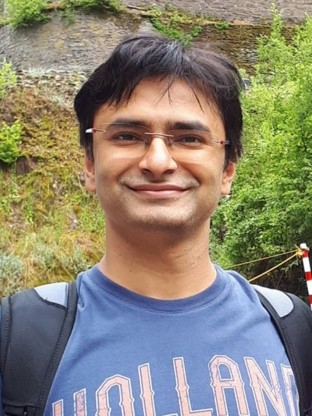Rishiraj Saha Roy
Max Planck Institute for Informatics
Senior Research Scientist
Biography
Rishiraj Saha Roy is a Senior Researcher at the Max Planck Institute for Informatics (MPII), Saarbruecken, Germany, leading the research group on Question Answering. He belongs to the Databases and Information Systems Department, that is headed by MPII director Prof. Gerhard Weikum. His current research focus is on question-answering over structured and unstructured sources of knowledge. In general, he is really passionate about applying language technology in and around text-based search. Prior to joining MPII, he worked for one and a half years as a Computer Scientist at Adobe Research, Bangalore, India. At Adobe, he worked on various text mining use cases involving the Adobe Marketing Cloud and the Adobe Document Cloud product lines. He completed his PhD as a Microsoft Research India PhD Fellow from the Indian Institute of Technology (IIT) Kharagpur, working under the supervision of Prof. Niloy Ganguly (IIT Kharagpur) and Dr. Monojit Choudhury (Microsoft Research India). During his PhD, he explored Web search query understanding, working on aspects like query segmentation, query intent discovery, and query complexity analysis. He did his masters’ at IIT Roorkee (a beautiul town near Hardwar, India) and his bachelors’ at Jadavpur University, Kolkata, India. When not working, he can often be found poring over all kinds of word and logic puzzles.
Talks and Events
2022 Talk: Conversational QA over KGs
Conversational question answering (ConvQA) is becoming popular for interaction with personal assistants. State-of-the-art methods for ConvQA over knowledge graphs can only learn from crisp question-answer pairs found in popular benchmarks. In reality, however, such training data is hard to come by: Web users would rarely mark answers explicitly as correct or wrong. In this work, we take a step towards a more natural learning paradigm – from noisy and implicit feedback via question reformulations, via reinforcement learning.

